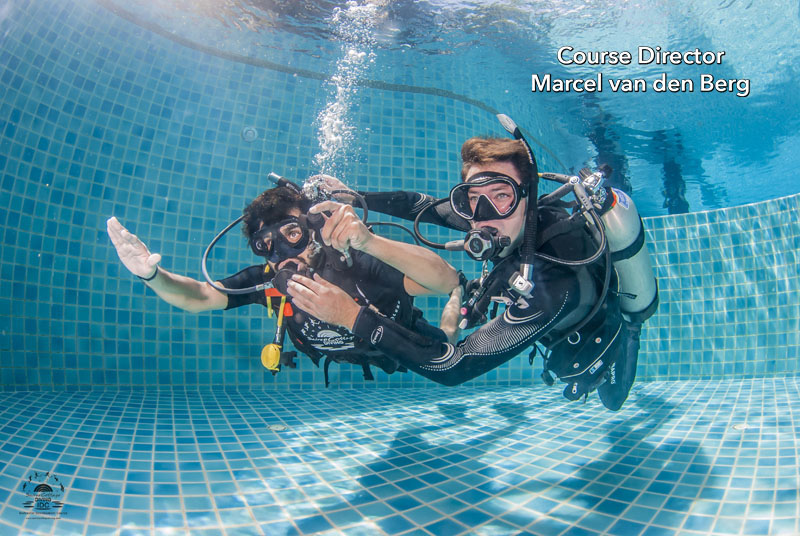Eric Sedletzky
Contributor
In light of another thread going on about AOW lacking, I’m curious about what your OW course was like.
Did you get trained to standards?
Below standards?
Or maybe the instructor went above and beyond and trained you above written standards?
Below is a list I found of the PADI OW skills:
 This doesn’t include the book theory part which is part of it. I’ll look for that as well so you can reference it if needed.
This doesn’t include the book theory part which is part of it. I’ll look for that as well so you can reference it if needed.
I didn’t include any other agencies because I’m PADI trained for OW and that’s all I know.
However you can add to the poll with any other agency that applies and discuss it if you wish.
I know some standards have changed so the list may be slightly different from what you recieved, but if you have a story to tell about your OW from the past please feel free.
This is not meant to be an agency bash, I’m just curious to take a pulse of how it went for scubaboard members.
I was trained right to standards in my open water class, and maybe a little beyond when it came to site conditions, how to read the ocean and also how to use a compass. We were trained to plan and conduct a shore dive in our own with another new OW diver on the Northern California Coast.
I have no complaints other than I wish they didn’t overweight us and normalize that, and also they trained us on our knees which was standard at that time.
Did you get trained to standards?
Below standards?
Or maybe the instructor went above and beyond and trained you above written standards?
Below is a list I found of the PADI OW skills:

PADI Open Water Skills List • All Skills in Order
Full PADI Open Water Diver Skills List, covering all the scuba diving skills you can expect in the PADI Open Water Course. Including Video Explanation!
www.scubadivingtips.net
I didn’t include any other agencies because I’m PADI trained for OW and that’s all I know.
However you can add to the poll with any other agency that applies and discuss it if you wish.
I know some standards have changed so the list may be slightly different from what you recieved, but if you have a story to tell about your OW from the past please feel free.
This is not meant to be an agency bash, I’m just curious to take a pulse of how it went for scubaboard members.
I was trained right to standards in my open water class, and maybe a little beyond when it came to site conditions, how to read the ocean and also how to use a compass. We were trained to plan and conduct a shore dive in our own with another new OW diver on the Northern California Coast.
I have no complaints other than I wish they didn’t overweight us and normalize that, and also they trained us on our knees which was standard at that time.




